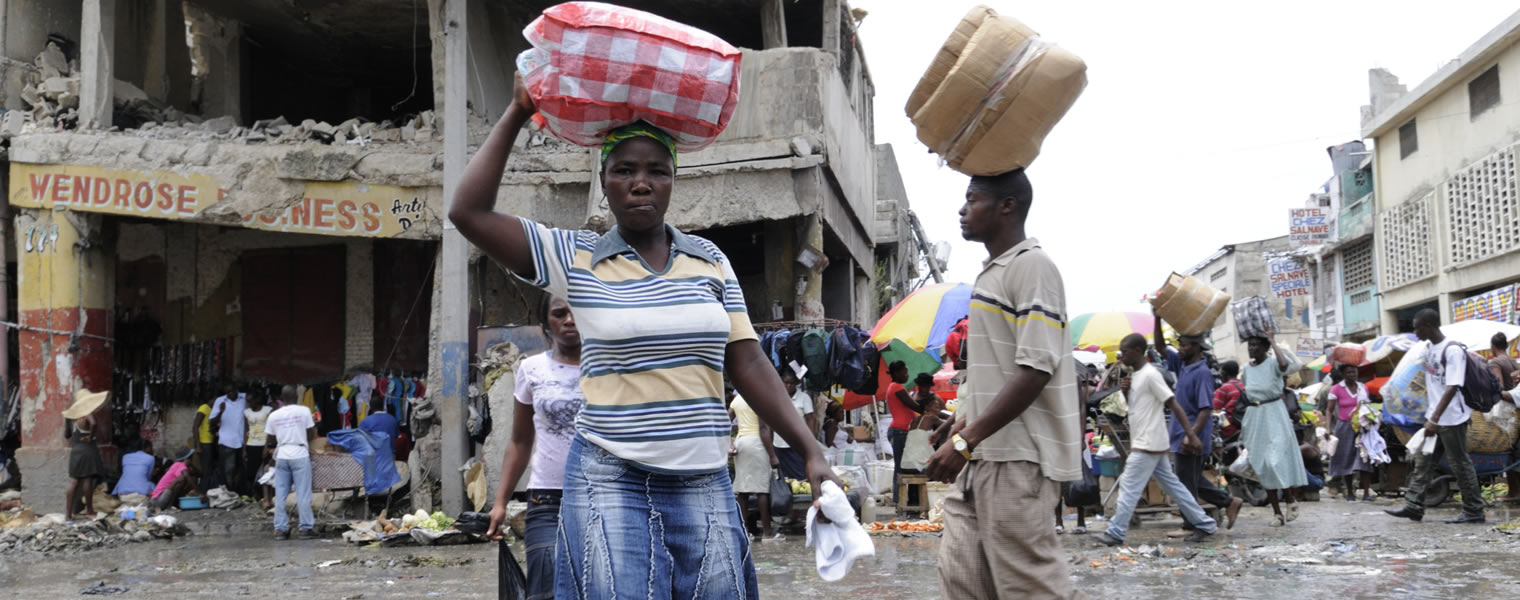Hartley News Online Your alumni and supporter magazine
In celebration of our upcoming Public Lecture Series, focusing on the theme of Population and Migration, Southampton Connects Staff shares how our research is helping to change lives of some of the most vulnerable communities around the world.
Data can be used to do incredible things, from developing solutions for ageing shoppers, to understanding the source of microplastic pollution.
Andy Tatem, Professor of Spatial Demography and Epidemiology, started using data over a decade ago to map population distributions in low-income countries.
This data, gathered from satellites, censuses, surveys, and even mobile phones, was the starting point for research that has since been able to help isolated communities during natural disasters, provide vaccination programmes that could save lives, among other exciting and significant solutions.
Andy was inspired by his use of population data to develop the WorldPop programme: a research group that is leading the way in using cutting-edge spatial data to put millions of people in low- and middle-income countries on the map. Alongside WorldPop, Andy co-directs the Flowminder Foundation: a not-for-profit organisation with a mission to scale and use research methods in support of vulnerable populations.
The work of these two programmes means that our research is enabling governments to strengthen their capacity for delivering effective aid following an earthquake, carry out targeted intervention programmes to eliminate diseases such as malaria, develop better infrastructure, healthcare and housing, and even encourage and enable a higher voting turnout in elections.
Andy says: “For governments to be able to deliver interventions, vaccines or plan elections they need to know how many people they have, where they are living and their characteristics, such as their age and gender.”
Understanding where people live, how communities move, and the demographics of people in certain areas, can help change lives for the better, even providing basic human rights.
You can read more about the work of WorldPop and Flowminder, as well as Andy’s research in our Research highlights article.
Andy will be speaking about his research, and how we are using the latest techniques in demography, geography and computer science, in our Public Lecture Series later this year.



